Success in today's spirits industry calls for a keen focus on efficiency, cost management and market responsiveness. Simply producing a high-quality product does not guarantee profitability. Instead, savvy distillers recognize that detailed forecasting and strategic planning have become integral to achieving growth. The best distillery software solutions support these two drivers, enabling smooth operation, accurate prediction of market trends and effective business planning.
If you’re struggling to enhance your distillery's revenue and growth, take a look at these strategic steps to help guide the way. With a favorite drink in hand, it's time to dive in.
Streamlining Spirits Production
The ever-evolving world of spirits production demands streamlined processes. Boosting efficiency helps lower costs, improves quality and positions your distillery for robust growth. A pivotal aspect to this success is the introduction of distillery management software. Business management platforms, like an enterprise resource planning (ERP) solution, bolster production planning, inventory management and quality control.
Effective Planning Yields Better Results
Forecasting demand goes beyond predicting the number of bottles to sell next quarter. It aligns every aspect of production with expected market demand. Suppose your whiskey brand's special blend sees a rapid market uptake. It becomes crucial to incorporate this popularity surge when planning production cycles. The best distillery software aligns production planning with market expectations, resulting in meeting consumer demand while minimizing waste and inefficiencies.
Accurate Counts of On-Hand Supply
Imagine running a highly successful marketing campaign that boosts demand significantly but then finding yourself saddled with an empty warehouse. The solution to this is directly tied to effective inventory management. Accurate forecasting allows your procurement and production to be synced so raw materials and finished products are available when needed. An efficient inventory management system keeps tabs on the products stored, quickly identifying which spirits are overstocked or understocked.
Consider a distillery launching a new flavored vodka. A spike in demand is expected after the launch, but as the novelty dissipates, demand is expected to stabilize. The best distillery software helps you regulate inventory to bear the initial surge and subsequent stabilization in demand, avoiding overproduction and reducing waste.
Quality is Consistency
Quality control is a critical piece of the spirits production puzzle. It's essential to ensure every bottle exiting your distillery meets stringent quality standards. Distillery ERP systems can track every stage of the production process, from raw materials to the finished product, ensuring consistent quality across batches.
Think about a gin distillery known for its unique blend of botanicals. Ingredient quality is a concern at the procurement stage and becomes a factor at every step of production - infusion, distillation, maturation and bottling. With proper quality control and lot tracking mechanisms in place, you’ll be able to ensure each bottle tastes as good as the last and maintain a reputation for quality beverages.
“We have very limited options and very tight restrictions on which lots we’re getting in and whether or not they fit the flavor profile we’re looking for,” Aaron Selya, head distiller at Crafted customer Philadelphia Distilling (maker of Bluecoat Gin) elaborates in a recent case study. “The lot tracking aspect of Crafted ERP has been a nice ‘level up’ in this regard. We’re able to look at a specific bottle and track back to which lots of botanicals went into that package.”
To streamline your spirits production, keep in mind effective production planning, lot tracking, inventory management and quality control form the backbone of a successful distillery.
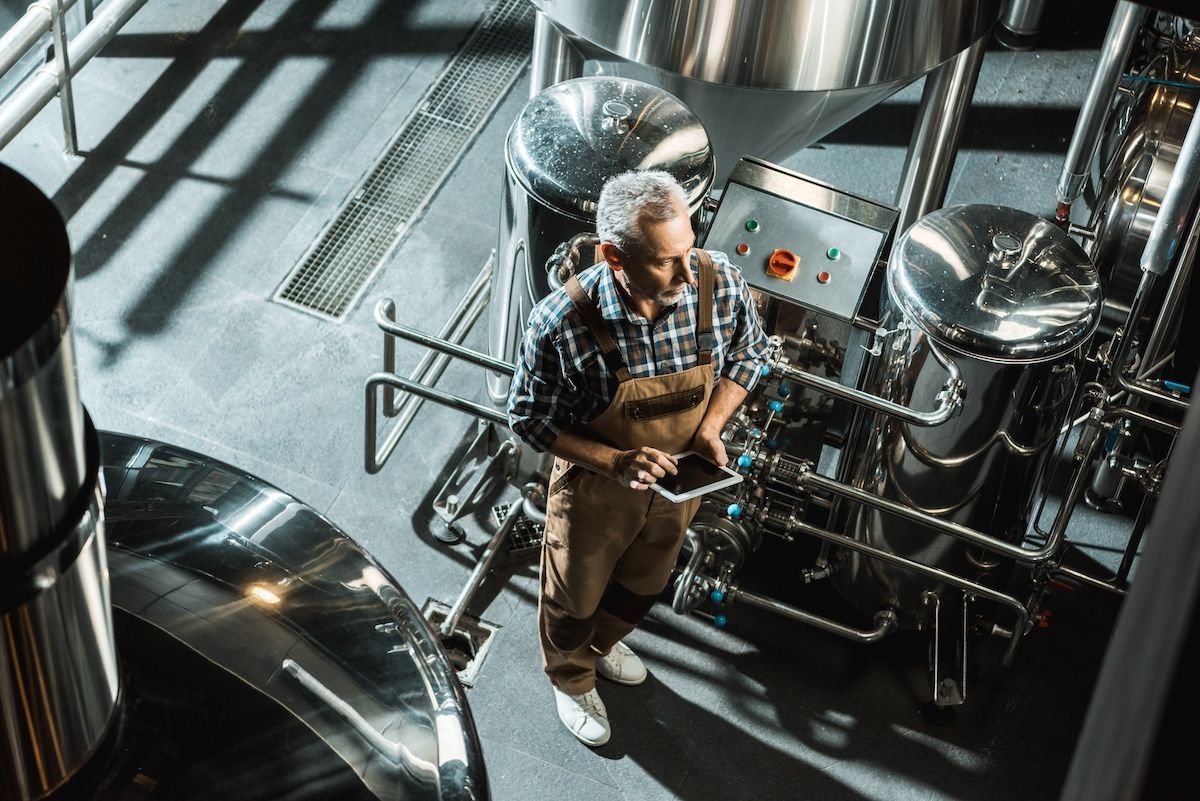
Enhancing Distillery Forecasting
Successful distilleries share a common attribute: the utilization of forward-thinking strategies with decisions based on clear, accurate forecasts. Whether calculating the potential demand for a new rum blend or assessing the financial implications of warehouse expansion, distillery forecasting plays a key role in fostering informed decisions.
Forecasting demand involves understanding market dynamics and factors influencing consumer demand. This could involve studying the popularity of different spirits, seasonality and growing consumption trends.
A rise in consumer interest in organic spirits could cause a distillery to pivot production early. This allows the creation of organic versions of best-selling spirits before your competitors. The best distillery software provides valuable insights into market trends and helps you stay ahead of the curve.
On-Demand Financial Data and Insights
A robust financial forecast forms the bedrock of a successful distillery. It's imperative for budgeting and internal planning and for securing investors' confidence in your business. This requires a detailed prediction of revenue, costs and profits for the upcoming period.
Consider a distillery contemplating the launch of a new barrel-aged whiskey. The financial forecast reveals whether the new endeavor will be profitable, guiding the decision-making process. The distillery forecasts the sales of the new whiskey, factors in the additional production and aging costs, and then can project the expected profits, evaluating whether the project is worth pursuing.
A Plan for the Whatever
Scenario planning explores the implications of various scenarios, preparing for a range of outcomes. This method involves speculation about multiple possible futures and their potential impact on your distillery.
Take, for instance, new legislation that proposes an increase in alcohol taxes. Scenario planning anticipates the business impact of this change. Retail price adjustments or increased cost absorption to maintain steady consumer prices can be evaluated. Strategies to mitigate risk and ensure business stability can be developed based on the scenario.
Improved distillery forecasting offers the potential to plan actions, reacting appropriately to fluctuating conditions. Equip yourself with an advanced distillery ERP to explore different trajectories and strategies, promoting distillery growth.
Formulating a Robust Distillery Business Plan
Developing an effective distillery business plan integrates all discussed aspects. Streamlining production, enhancing forecasting and other important elements form an overarching business strategy. A robust business plan keeps your distillery's operation focused, providing a roadmap for consistent growth.
Getting Smart About Goals
Every successful distillery starts with setting realistic and clear goals. These could range from broad objectives, like becoming the number one premium vodka brand in your region, to specific targets, like achieving a particular net profit margin on each bottle sold. It's essential for these goals to be realistic, measurable and tied to a definitive timeline.
A craft distillery that wants to extend its reach beyond local markets might set a realistic goal to enter two new regional markets in the next year. With this goal in place, the distillery can plan its production, marketing and distribution with clear targets to monitor progress.
Mitigating Potential Risks
In any business, risks are always present. Distillers must contend with economic factors, new regulations, fluctuating commodity prices and changing consumer preferences, to name just a few. A robust distillery business plan will incorporate comprehensive risk management through analyzing potential risks and setting measures to mitigate them.
Take one example: a distillery dependent on a specific grain may face a crisis if there's a poor harvest. Effective risk management involves diversifying grain sources or developing spirits that use alternative ingredients.
Measuring and Analyzing Performance
The final crucial element of a robust distillery business plan involves measurement and analysis of performance, including finance as well as other indicators like production efficiency, stock turnover or brand awareness.
In the case of a distillery launching a new line of flavored gins, regular performance analysis could track the new line's sales, compare them against projected figures and identify any discrepancies. This allows the distillery time to react and adjust strategies to get back on track.
A robust business plan is not static; it continually evolves and grows with the distillery and must be continually revisited. A strong emphasis on setting realistic goals, managing risks and measuring performance helps chart a steady course toward the achievement of distillery goals.
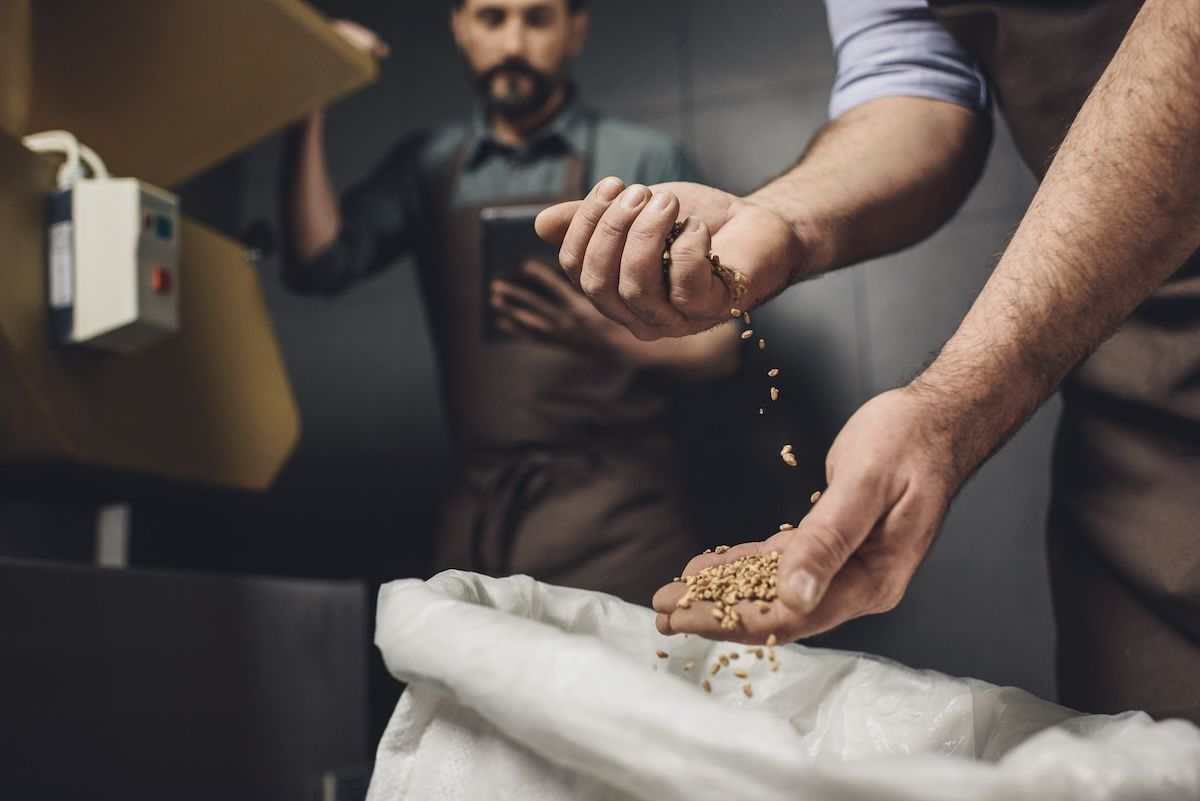
A Spirited Approach
Navigating the path to success in the distillery business may seem like a daunting journey filled with complex processes and regulations with too many variables to count. Implementing strategic planning and using the best distillery software for your needs can turn daunting into doable.
Enhancing your distillery's forecasting ability, demand, financial forecasts and scenario planning is pivotal for data-driven decision-making aligned with market trends and dynamics. Setting realistic goals, managing risks and regularly measuring and analyzing business performance allows for adaptive strategies, keeping your distillery on track for sustained growth.
Distilleries that thrive have mastered the art of forecasting, embracing technology to streamline operations and formulating a dynamic, strategic business plan. While your adventures in spirits production take flight, keep in mind the measure of success isn’t merely in the spirit that fills every bottle, but in the resilient strategies that propel your craft distillery forward.
If you’re struggling to keep up with evolving consumer demands, an unreliable supply chain and unpredictable price fluctuations, a distillery ERP might be the answer to your challenges. Crafted ERP has designed the leading, distillery-specific management platform to better predict and react to market changes. Take the leap and
reach out to our team today.
Frequently Asked Questions About Crafted ERP Distillery Edition
What makes forecasting an essential aspect of a distillery's growth plan?
Forecasting is an essential part of a distillery's growth plan for several key reasons. It allows for aligning production with expected market demand, reducing waste and inefficiencies. It further aids in managing inventory effectively, synchronizing procurement and production to ensure the availability of raw materials and finished products when required. Forecasting allows you to anticipate market trends and customer preferences, ensuring your distillery stays ahead of the competition. Additionally, financial forecasting and scenario planning allow for informed decision-making, risk mitigation and business stability.
How can distillery software enhance forecasting accuracy?
The best distillery software enhances forecasting accuracy by providing valuable insights into market trends and consumer demand. It allows for detailed predictions of revenue, costs and profits, facilitating critical decision-making processes. Moreover, distillery software enables scenario planning by providing simulations of various outcomes and their potential impact on your business. With the aid of this software, you can react appropriately to fluctuating conditions and formulate effective strategies.
What aspects of spirits production can be optimized with better forecasting?
Various aspects of spirits production can be optimized with better forecasting, such as production planning, where accurate forecasting aligns production with expected market demand, minimizing waste and inefficiencies. Effective forecasting also aids in inventory management, ensuring the availability of the needed raw materials and finished products in time. Quality control mechanisms also can be incorporated into the forecasting model to maintain the consistency of the finished product.
How does distillery forecasting play into a business plan?
Distillery forecasting can enhance your business plan by providing data-driven insights to make informed decisions. It helps in setting realistic and clear goals, anticipates potential risks and helps devise measures to mitigate them. Distillery forecasting forms the basis of financial planning and budgeting, while also securing investor or stakeholder confidence. Additionally, the performance appraisal mechanism built around forecasting allows for regular measurement and analysis of your distillery's progress against set targets. This ensures your business plan remains adaptive and steers your distillery toward sustained growth.
Eager to learn more? Join us at ACSA!
Visit us at Booth 501 at the 2024 American Craft Spirits Association
Annual Distillers' Convention and Vendor Trade Show in Denver this February. Our team of industry experts will be on hand to discuss your growth plans and software needs. Stop by the booth or
schedule a one-on-one appointment with our team.
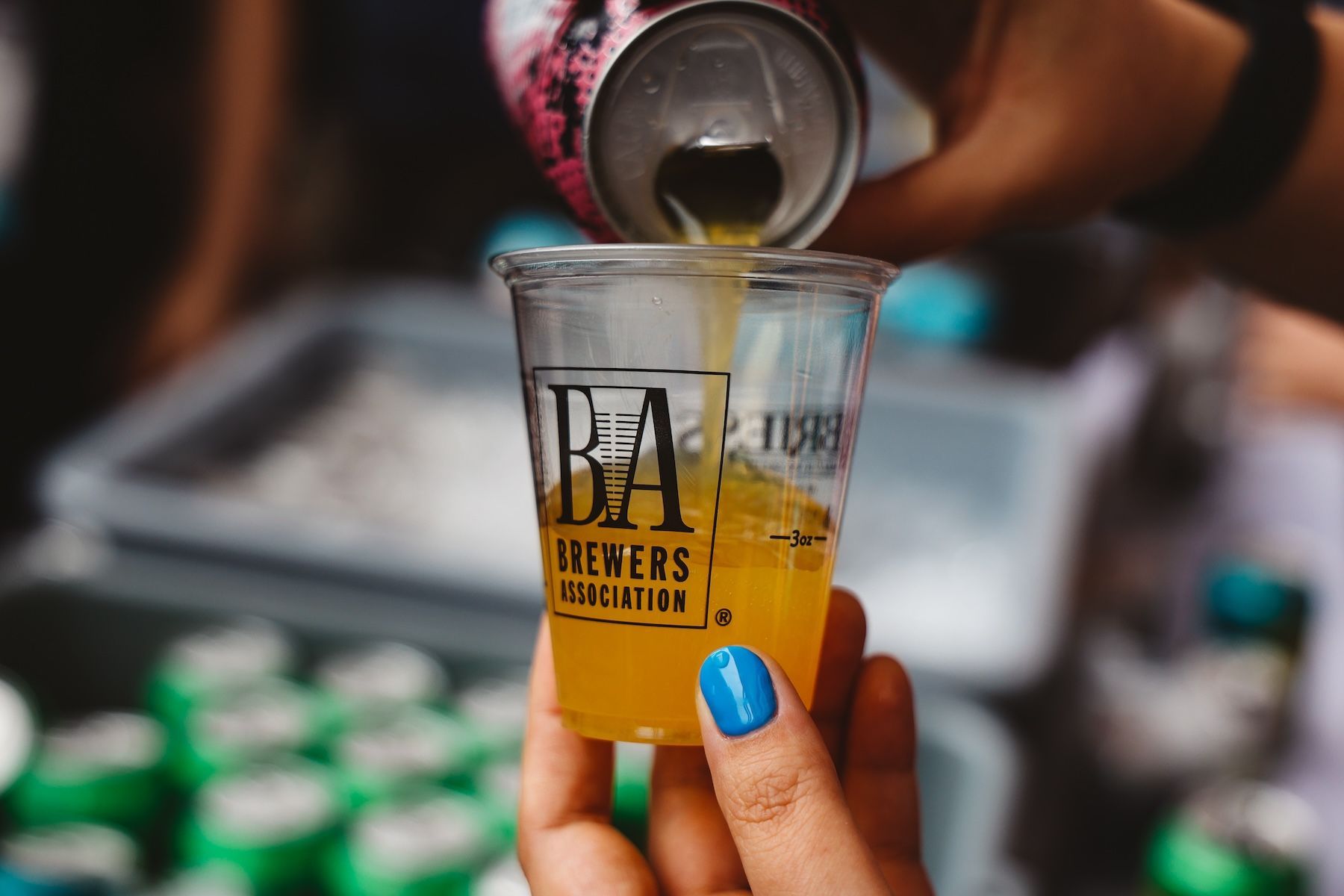

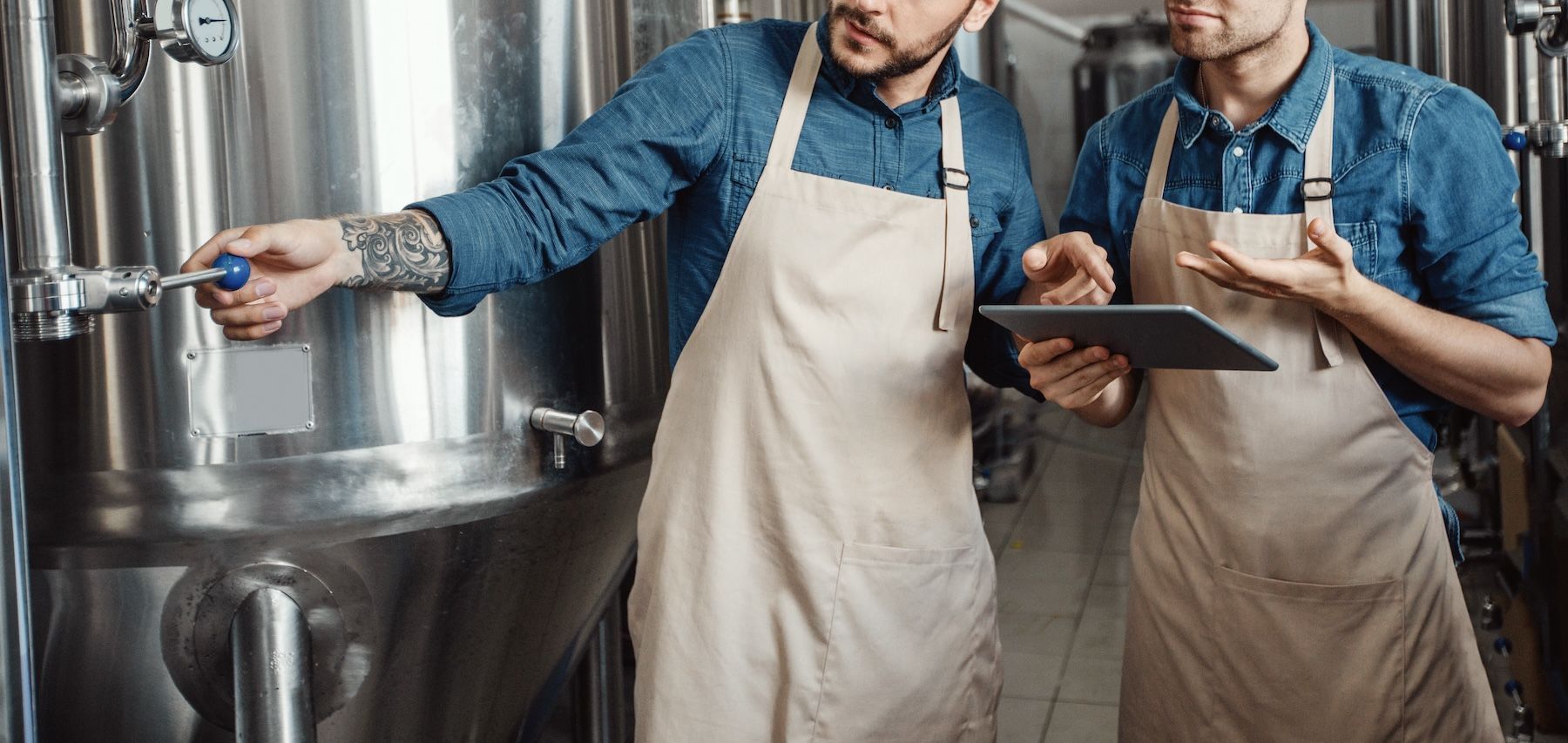



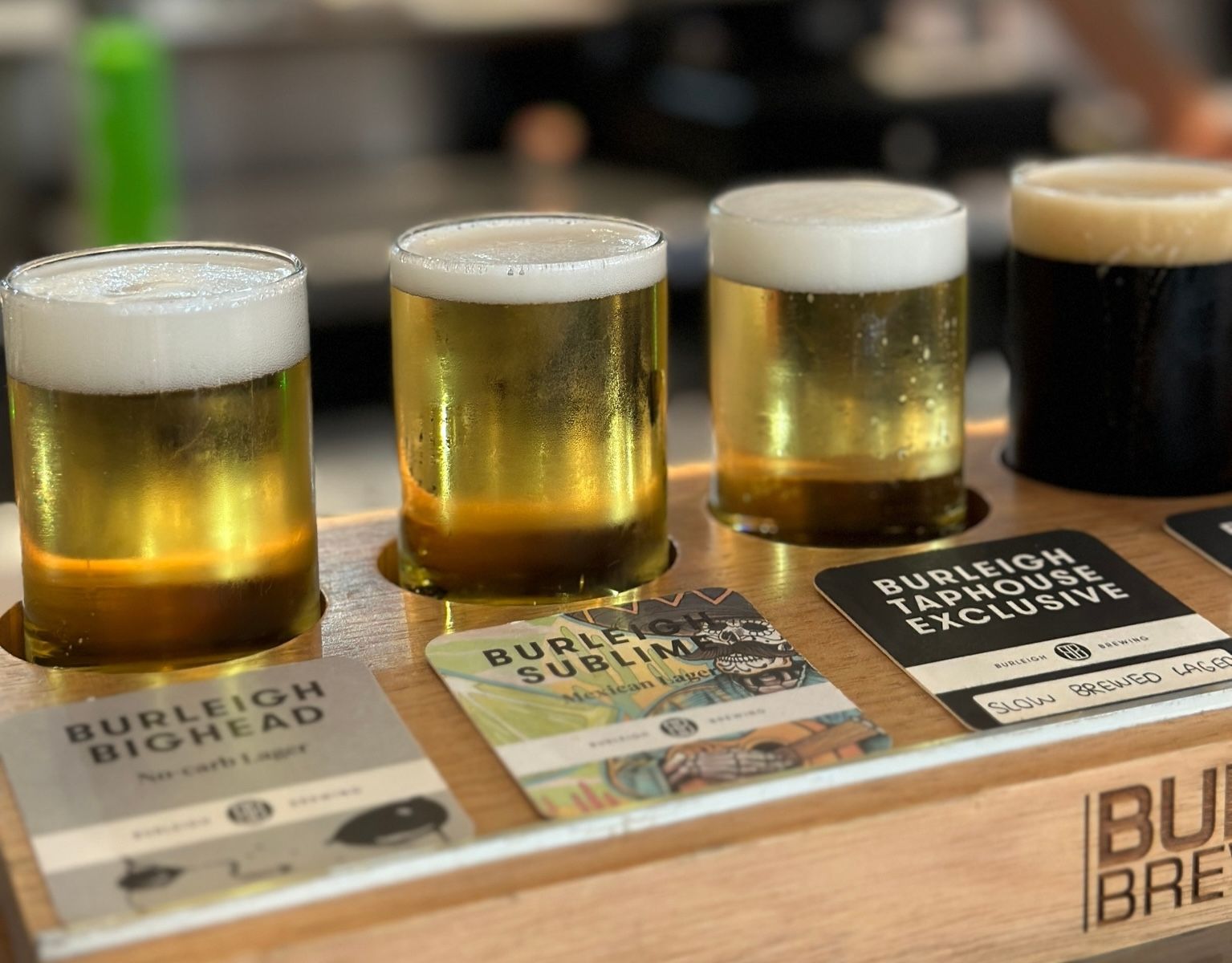
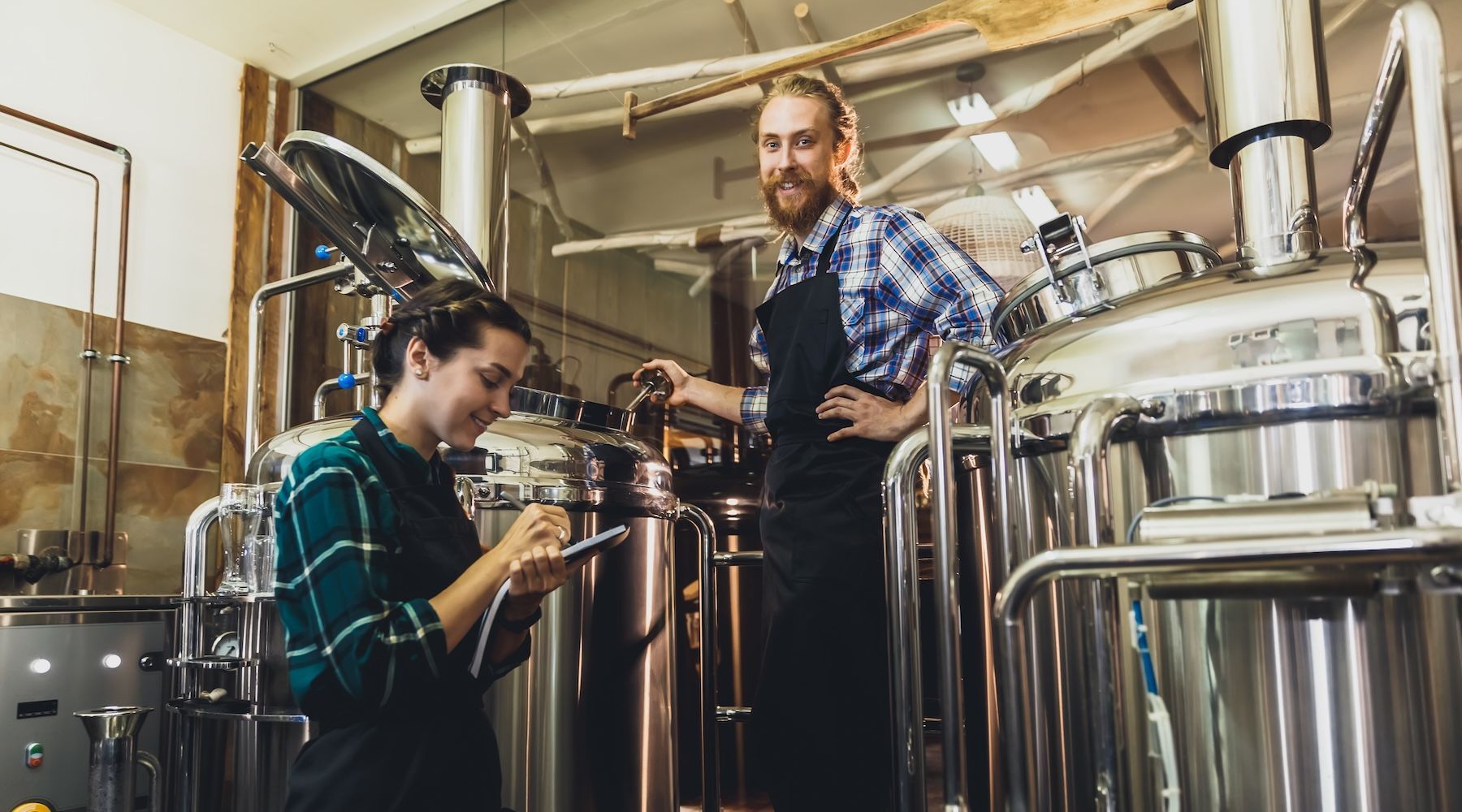


GET IN TOUCH
1512 Larimer Street, Suite #150
Denver, CO 80202
United States
(720) 699-0200
66 Goulburn Street
Sydney, NSW, 2000
Australia
+61 2 9044 1330

